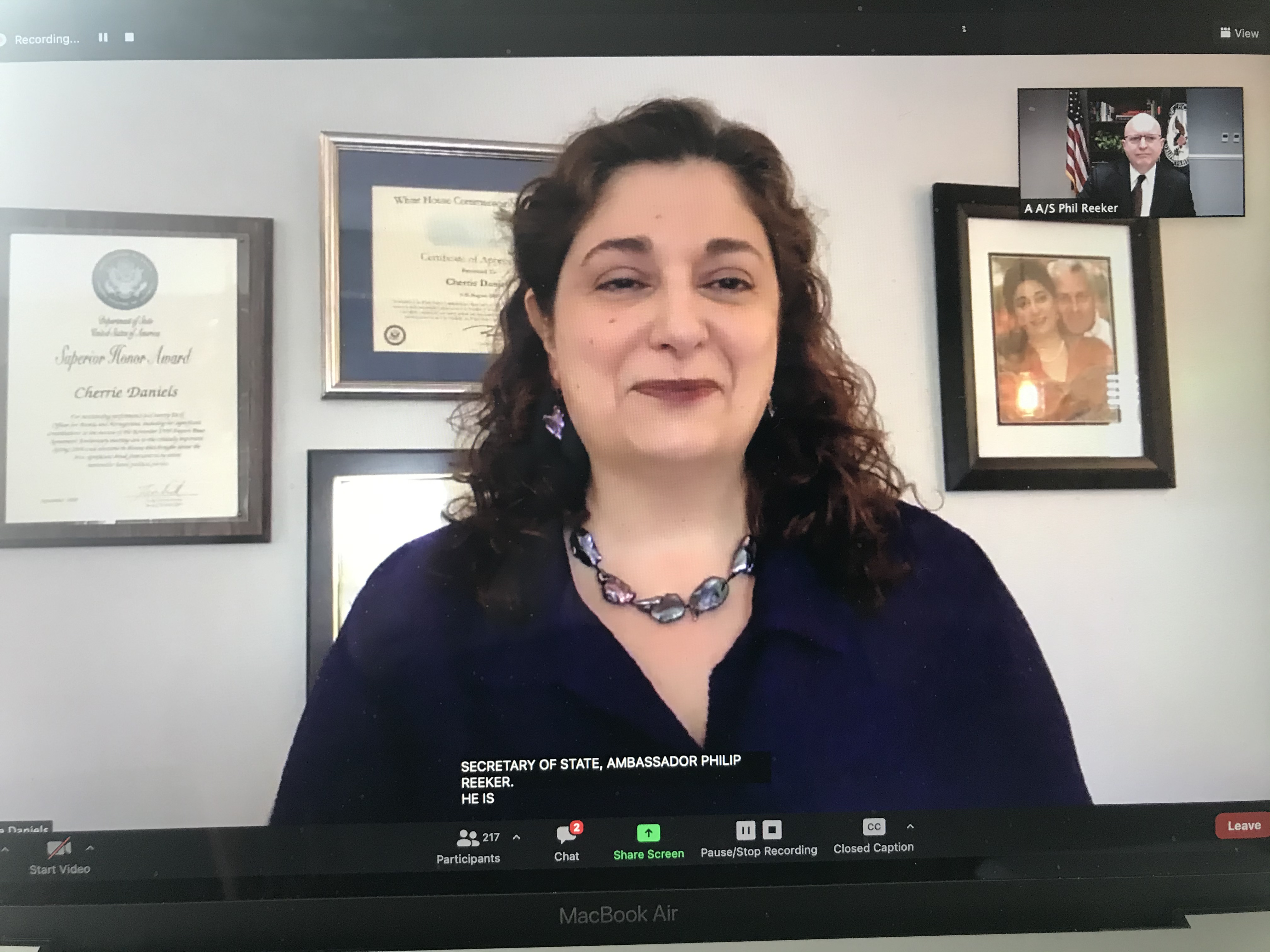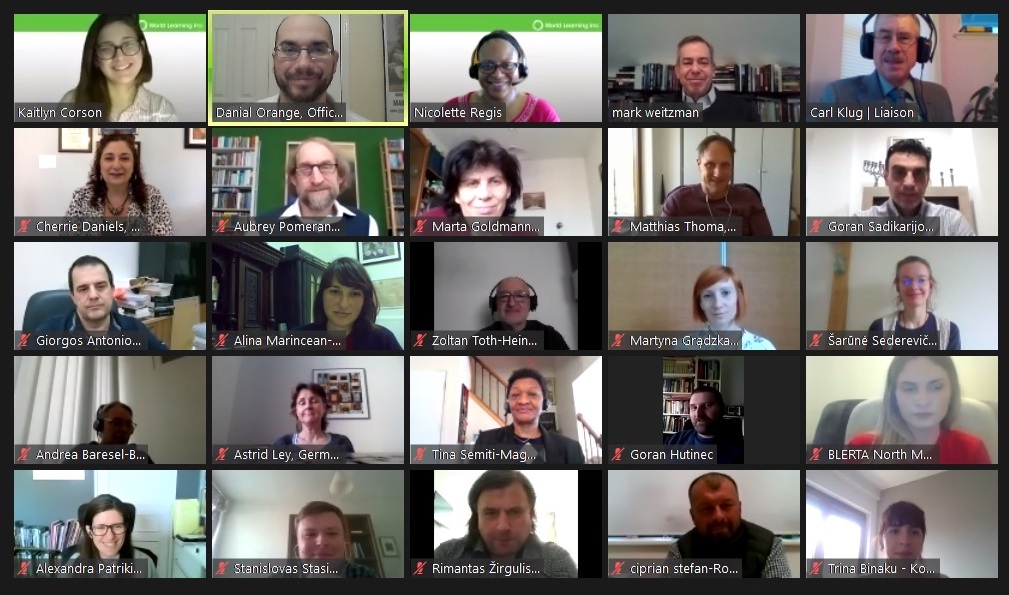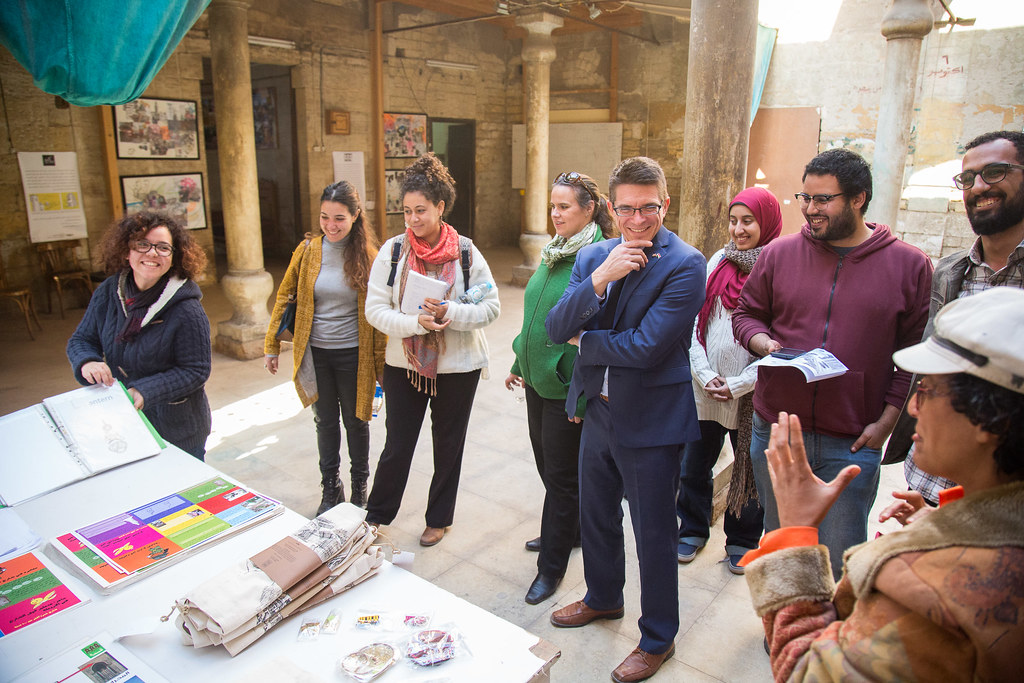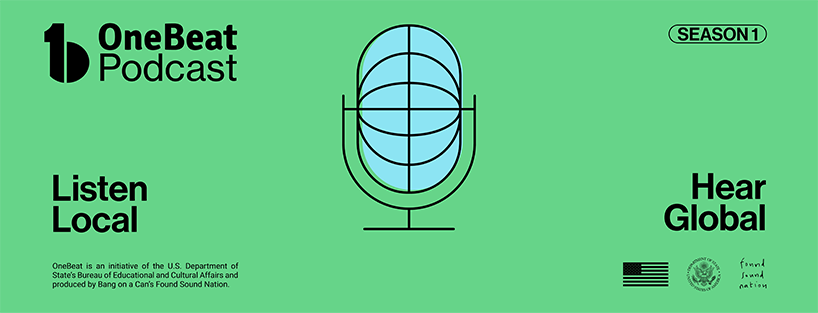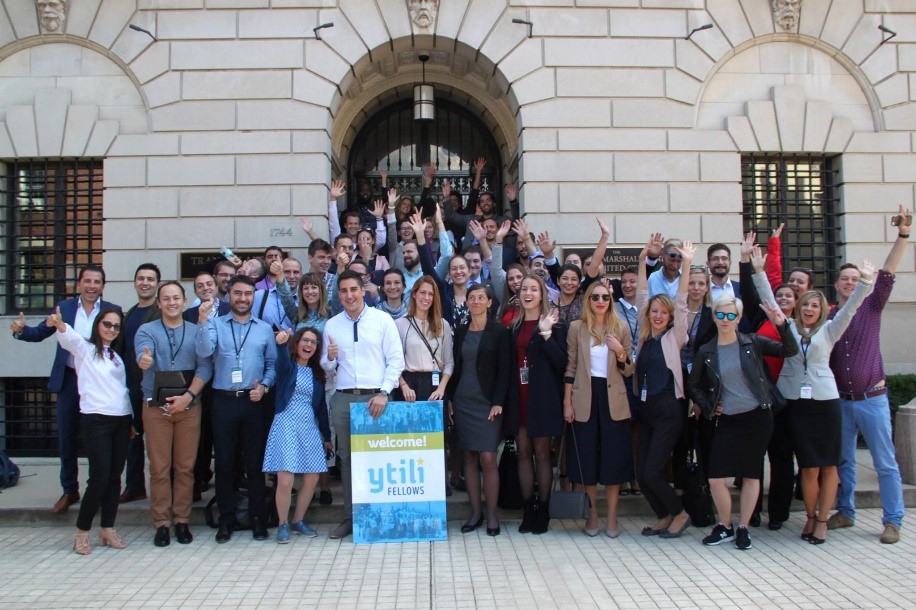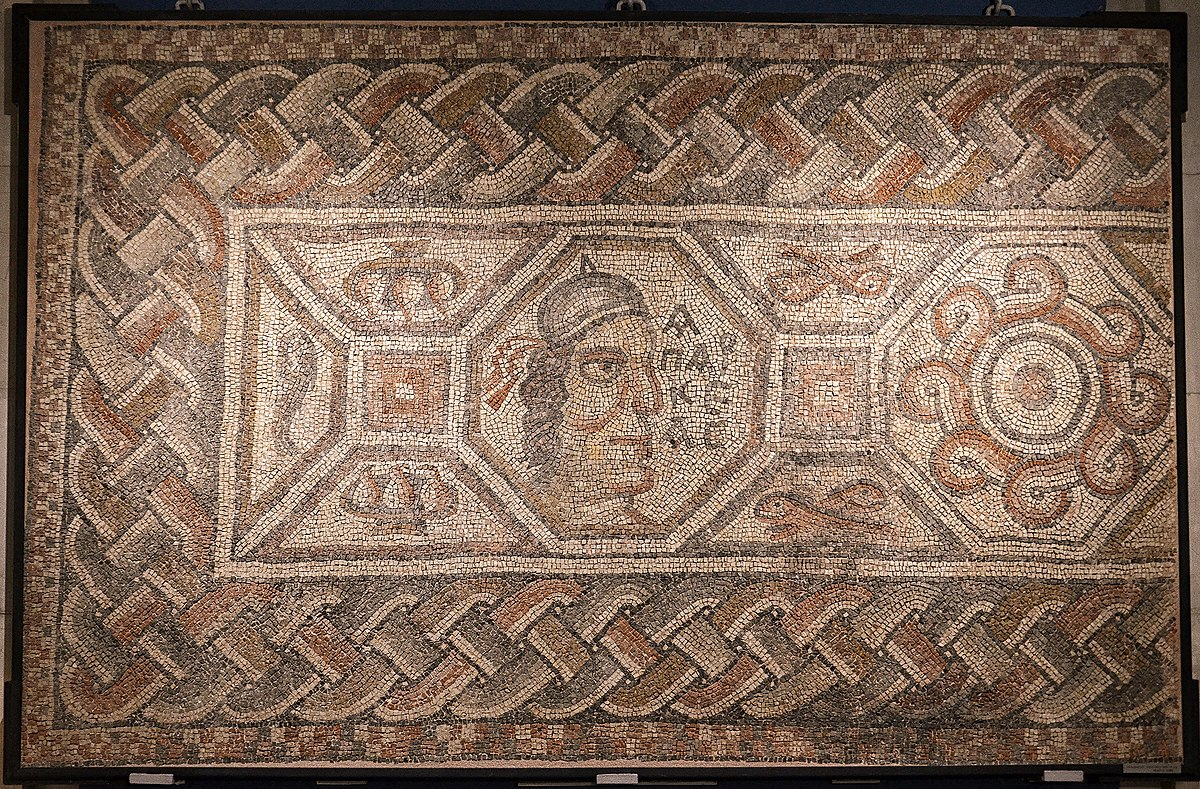Cultural Property Advisory Committee will meet March 17 and 19, 2021, to review the request by the Government of the Republic of Albania seeking import restrictions on archaeological and ethnological material. The Committee will also review the proposed extension and amendment of the cultural property agreement with the Government of the Arab Republic of Egypt. The Committee invites public comment on the new request and the proposed extension. The public may provide written comment in advance and/or register to participate in the virtual open session of the meeting on March 17 at 2:00 pm (EDT).
Albania Request Summary
The Government of Albania has requested U.S. import restrictions on archaeological and ethnological material from Albania. This request was submitted pursuant to Article 9 of the 1970 UNESCO Convention on the Means of Prohibiting and Preventing the Illicit Import, Export and Transfer of Ownership of Cultural Property as implemented by the Convention on Cultural Property Implementation Act. The archaeological materials requested date from the Middle Paleolithic to the Ottoman Period, and include stone, ceramic, metal, glass, wood, and other organic materials. The ethnological materials requested date from the Byzantine, Middle Age, and Ottoman periods and include sacred icons and frescoes, written material such as illuminated manuscripts and codices, traditional clothing, religious vestments, ceremonial paraphernalia, and architectural elements, sculptures, mosaics, and reliefs found in historical or religious structures.
Egypt Extension Summary
An extension of the Memorandum of Understanding Between the Government of the United States of America and the Government of the Arab Republic of Egypt Concerning the Imposition of Import Restrictions on Categories of Archaeological Material of the Arab Republic of Egypt will be considered. The Government of the Arab Republic of Egypt requests that the agreement be amended to include Egyptian archaeological and ethnological cultural property that is 100 years old or older, such as material from the Ottoman Period and Muhammad Ali dynasty. A history of U.S. actions concerning the agreement can be found on the Current Import Restrictions Page..
The Review Process
The State Department follows these procedures as it considers cultural property agreements. The State Department considers import restrictions for materials that meet the definitions in the Convention on Cultural Property Implementation Act. See our website for more information.
Comments on the Albania Request and Egypt Extension and Amendment
Public comments on Albania’s request and the possible extension and amendment of the cultural property agreement with Egypt should focus on the four determinations described at https://eca.state.gov/cultural-heritage-center/cultural-property-advisory-committee/foreign-government-requests. All comments must be submitted in writing no later than March 3, 2021, at 11:59 pm (EDT). Use regulations.gov, enter docket DOS_FRDOC_0001-5449, and follow the prompts to submit written comments. Please submit separate comments for each country.
Join in the Virtual Open Session
The virtual open session of the Committee meeting will be held on March 17, 2021 at 2:00 pm EDT using Zoom, a web conferencing service. The open session will start with a brief presentation by the Committee, after which public participants will comment on the new request and possible extension, and answer questions from the Committee. Time permitting, participants may be asked to provide additional oral comments for no more than five (5) minutes per participant. Due to time constraints, it may not be possible to accommodate all who wish to speak.
Anyone may observe and/or participate. If you are new to Zoom, these tips will help you get started. If needed, please request reasonable accommodation no later than March 10 by contacting the Bureau of Educational and Cultural Affairs at culprop@state.gov. Requests made after that date may be considered, but it may not be possible to fulfill them.
To Participate
Participants in the open session can speak and may be asked questions by the Committee. If you wish to participate and want to be guaranteed a slot, you must request to be scheduled by March 10, via email (culprop@state.gov). Please submit your name and organizational affiliation in this request. After you pre-register, you will receive a unique link and instructions on how to participate via email.
To observe
Observers can watch the open session, but they cannot speak. It is not necessary to pre-register to observe.
To join as an observer:
Click the link to join the webinar: https://statedept.zoomgov.com/j/1602318745
Or by Telephone:
Dial (for higher quality, dial a number based on your current location): US: +1 669 254 5252 or +1 669 216 1590 or +1 551 285 1373 or +1 646 828 7666
Webinar ID: 160 231 8745
International numbers available: https://statedept.zoomgov.com/u/amgro0V1N


